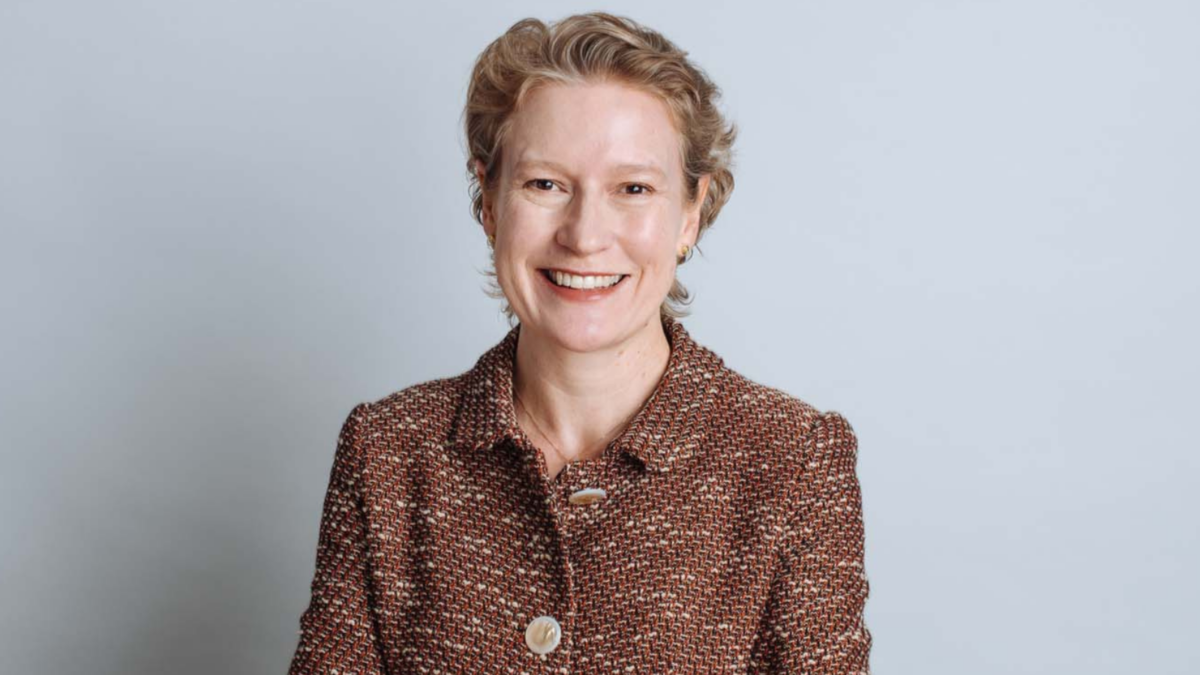CIOs having their say – it’s all about alpha again
While the West will continue to inch towards recovery, thanks to the US, but with some further setbacks in Europe, and the East will deliver slower growth, the investing world’s economic backdrop is likely to mean much lower beta market returns in the immediate future, according to speakers at the Russell Investments conference in Sydney last week.
Lew Sanders, the renowned US value manager, said that, interestingly, performance for investors would likely come from “what you don’t own”. His advice was to not own what’s overvalued and assets with high current yields.
From his perspective, value anomalies are few and far between in the current market. Sanders (see ‘Generational change’ report below for his credentials) says that there are no anomalies in fixed income, few in real estate and only selective spots remaining in equities.
“The challenge these conditions create is that re-investment rates in fixed income have collapsed and are now at levels inadequate to compensate for risk. The opportunity that has been created is obvious too. Risk premiums are falling and prices are rising for all risky assets – bonds, stocks and real estate. This process is now far along. The remaining opportunities are diminished.”
Robert Mead, a managing director and head of portfolio management in Australia for the big fixed interest manager PIMCO, took issue, as you would expect, with Sanders’ view of the bond markets. He said the current conditions represented an “alpha-rich environment” for investors who think secularly. Because risk markets were “front loading” expected returns, beta returns were likely to be lower in the future, Mead said.
He also said that China was generally poorly understood and that investors had a short-term mindset.
Peter Gunning, the global CIO for Russell, said of the current environment that the big challenge was to understand whether the world had entered a new and more benign risk regime with results driven by industry, country and stock-specific factors more than before, or whether this was just a “head-fake” until the next big European event. (Gunning, who is Australian born, helped the audience out with an explanation for ‘head-fake’ – it’s like a dummy pass in rugby).
“Implementation of multi-strategy portfolios is not just about changing managers anymore,” he said. “It’s an ongoing process of extracting the best ideas from managers and controlling the most unattractive risks.”
Gunning said Russell believed that managers often herded around common factor bets, such as volatility overweights in US equity or spread sector bets in fixed interest or US equity underweights in global equity.
“These crowded trades lose value at least as often as they make money,” he said.









